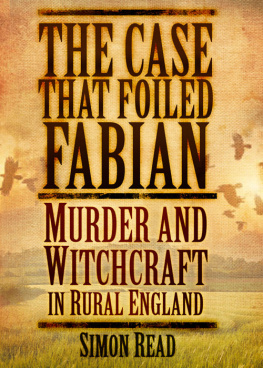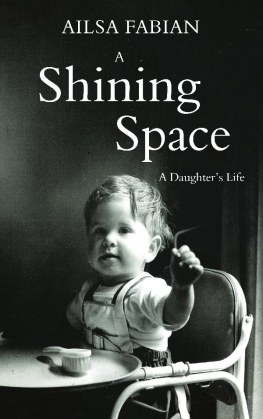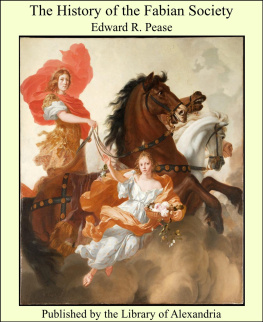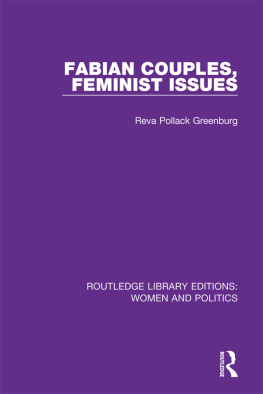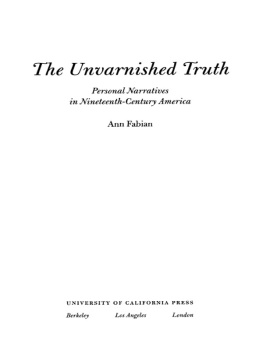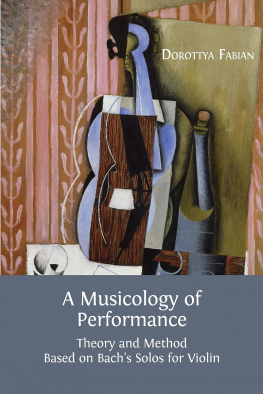
To Cameron.
Love, Dad.
It is an old maxim of mine that when you have excluded the impossible, whatever remains, however improbable, must be the truth.
Sherlock Holmes in The Adventure of the Beryl Coronet .
C ONTENTS
Although I live in California, Im always looking for reasons to get back to Britain. Writing this book provided such an opportunity. Working on this project was a pure joy. The subject matter was intriguing, and it allowed me to spend some time in the Cotswolds. I never tire of the English countryside, so any chance to enjoy it is always welcome. No one ever writes a book alone and this title is no exception. An author always relies on a support network of friends and family. In this case, I would like to start by thanking the good people at The History Press especially Mark Beynon, my editor. This is the second book weve done together. We both share an enthusiasm for beer, scotch, classic British rock and James Bond. His excellent tastes aside, hes a great colleague and one Im proud to call a friend. I owe my agents Roger Williams in the States and Rachel Calder in the UK a debt of gratitude for their tireless work on my behalf.
On the research front, I want to thank the staff at the National Archives in Kew. Ive relied on them a good number of times, and theyve never let me down. A very special thanks goes to Dick Kirby, crime author and retired Scotland Yard detective who spent eight years on the famed Flying Squad, for his assistance and pointing me in the right direction when I needed help. This book briefly examines Charles Waltons family history. I want to thank Richard Patterson who has spent many years studying the Walton case for providing me the findings of his genealogical research.
When, at the age of 13, I told my parents I wanted to be an author, they didnt dismiss the idea or try to talk me out of it they encouraged me to pursue my ambition. I am incredibly grateful for their love, support, and friendship. Katie, my wife, read a first draft of this book and made great suggestions to help better the narrative flow. Shes an amazing writer, and I hope to read one of her books someday. To my sons, Spencer and Cameron: I love you guys.
Charles Walton woke, as he always did, before sunrise and gingerly swung his legs out of bed. He placed his feet on the floor and slowly pushed himself off the mattress. Whether he went to work today or not was dependent on how badly his body ached. The 74-year-old suffered from rheumatism and sciatica. Standing, he grabbed his short walking stick and moved to the bedroom window. Only recently arthritis had started to bend the old mans body, forcing him to use the stick when he walked.
He lived in number 15, Lower Quinton, a thatched-roof cottage opposite the village church. Outside, the steeple stood in silhouette against the pre-dawn sky. Walton shared the cottage with his 33-year-old niece, Edith Walton. He and his wife had adopted her when she was just 3, following the death of her mother. When Waltons wife died in 1927, Edith became Waltons housekeeper. For her services, Walton paid his niece 1 a week. She didnt mind taking care of her uncle, for he was an extremely good-tempered man. Not prone to anger, he never gossiped about others in the village and got along well with those he met in passing but, the truth was, he preferred to keep to himself. He was friendly with everyone, Edith would later recall, but no one ever visited him at the house. He didnt go out in the evenings and very seldom went into the public house. He was always happy and contented with his life. Indeed, Waltons was a simple existence. He worked as a farm labourer and, for the past year, had worked trimming hedges for Alfred John Potter, owner of The Firs Farm in Lower Quinton. The job, along with his old-age pension of 10 s a week, allowed him to pay rent on the cottage and purchase coal and meat.
Rare was the occasion Walton would work a full week. During the winter, he worked the odd day here and there, as the cold weather wreaked havoc with his arthritic bones. He was a man of ritual. On the days he did decide to work, he would leave the house at 8.30 a.m. and take with him only a piece of cake, which he ate for a midday snack. He never carried his hedging tools with him. Instead, he would leave them in whatever field he was working in at the time and simply resume where he left off in the morning. At 4 p.m., he would return home for dinner. The morning of Wednesday 14 February 1945 was like any other. Edith was in the kitchen when her uncle came downstairs, ready to start his days labour. He wore a tweed jacket, a matching waistcoat and heather-mixture cardigan. To further protect him against the elements, he wrapped his wiry frame in a flannel body belt and two shirts one made of flannel, the other short-sleeved and made of cotton. A pair of black boots and knitted socks kept his feet warm. It was the same outfit he wore whenever he went out hedging. Attached to a chain fastened to his waistcoat was a white metal pocket watch he carried with him at all times.
Walton never carried a wallet or personal papers. According to Edith, He sometimes carried a purse with a few shillings in it, but on the morning of 14th February 1945, he left it at home. Edith, too, was preparing for work that morning. She had found employment as a typesetter at the Royal Society of Arts, which had vacated bomb-ravaged London for the safety of Lower Quinton. Charles took a seat at the small kitchen table as Edith prepared for him two pieces of toast and a cup of coffee the same thing he ate every morning for breakfast. As Charles finished his meal, Edith wrapped a piece of cake for him in a blue sugar bag. The morning ritual complete, Charles left the cottage for the fields beneath Meon Hill. For the past several days, he had been trimming hedges in a field called Hillground.
The fact Walton met his end in the shadow of Meon Hill lends this mystery an air of the supernatural. The hill, home to foxes, rabbits, and badgers, rises 637 feet above the surrounding countryside. Despite the cultivation of Meon Hill by farmers over the centuries, the remnants of a fort dating back to the Iron Age are still visible as earthworks on top of the hill. Supposedly the inspiration for Weathertop in Tolkiens The Lord of the Rings , Meon Hill is the furthest of the Cotswold mounds and has long been the setting of strange and ghostly stories. Local legend suggests it was once the earthly domain of the Devil. In the eighth century, so one story goes, the Devil looked down from Meon Hill across the fields to the rising spire of the recently constructed Evesham Abbey. So enraged was the Devil by the Holy spectacle he kicked a massive boulder down the hill in an attempt to smash the edifice. His effort was thwarted, however, by local villagers who diverted the course of the boulder through the power of prayer. The rock, missing the Abbey completely, instead came to rest on Cleeve Hill, near Cheltenham, where villagers shaped it into a giant cross to keep the Devil away. A variation of the same story claims the Devil clawed a large clump of earth from a field and threw it at the Abbey. Again, the power of prayer did him in when the Bishop of Worcester beseeched God to send the massive projectile astray. The earth fell from the sky mid-flight and thus formed Meon Hill upon its landing. Another legend holds that the phantom hounds of an ancient Celtic king roam the hills slopes at night. Supposedly, the king was the lord of departed spirits who would hunt to gather souls, riding a pale horse and accompanied by a pack of white hounds with red ears.
Having finished breakfast, Walton bid his niece farewell for the day and left the cottage. He moved with the aid of two walking sticks one he purchased, the other he had made from a rough branch cut from a hedge. From his home, he hobbled across the road and made his way through the churchyard opposite. The morning was grey and damp, the tombstones in the churchyard glistening with moisture in the cold early light. Edith watched him from the cottage doorway before she finished readying herself for the day. Returning from work at 6 p.m., there was no response when she walked through the door. She called her uncles name and searched the cottage, and was surprised to discover the house empty. It was not like Walton to be out this late. She knew there was no point checking at the College Arms pub around the corner, for he wouldnt be there.
Next page
